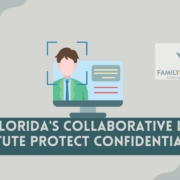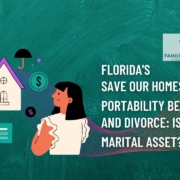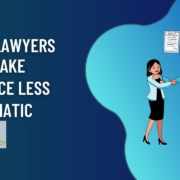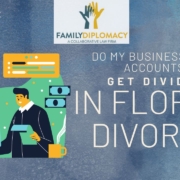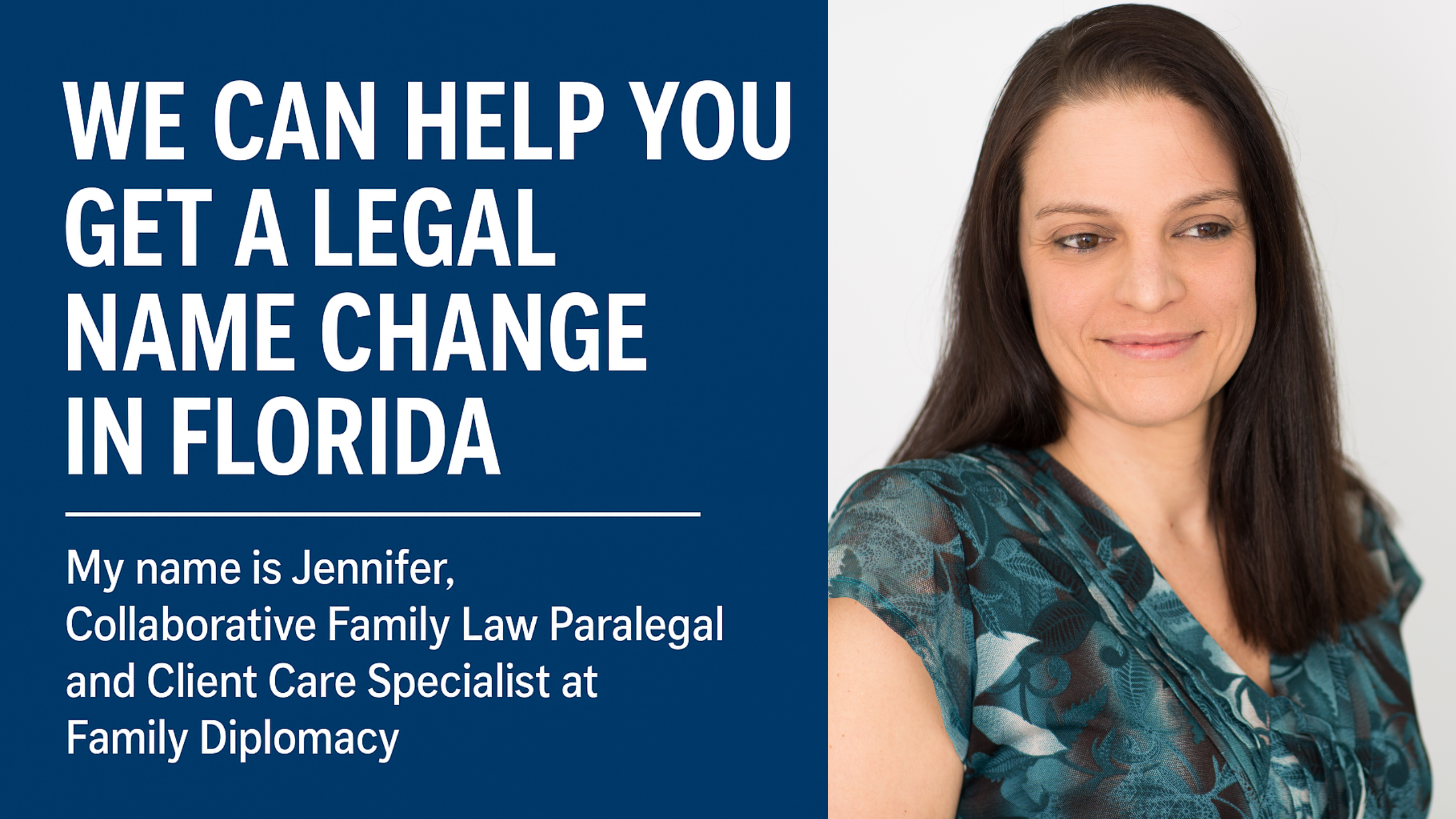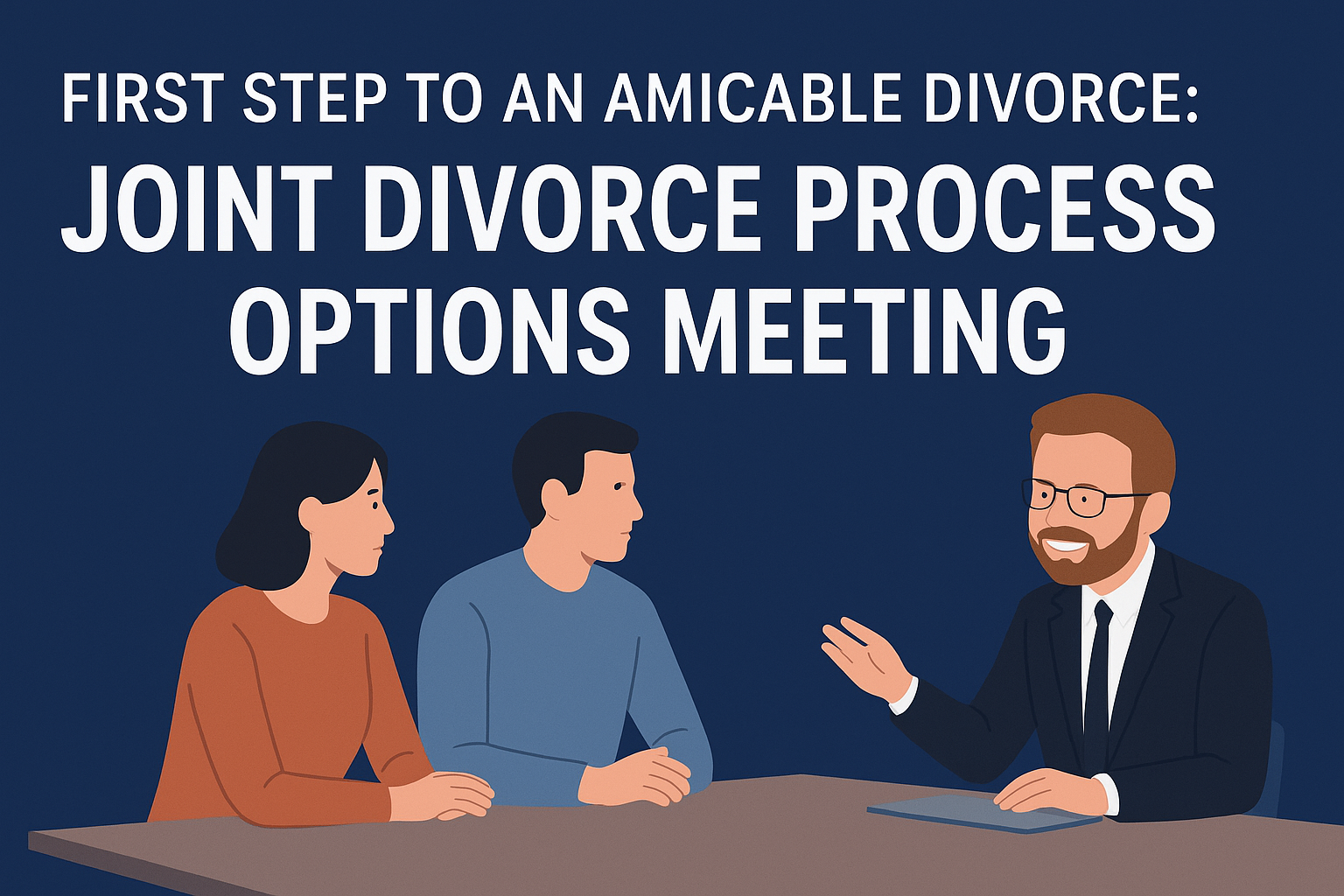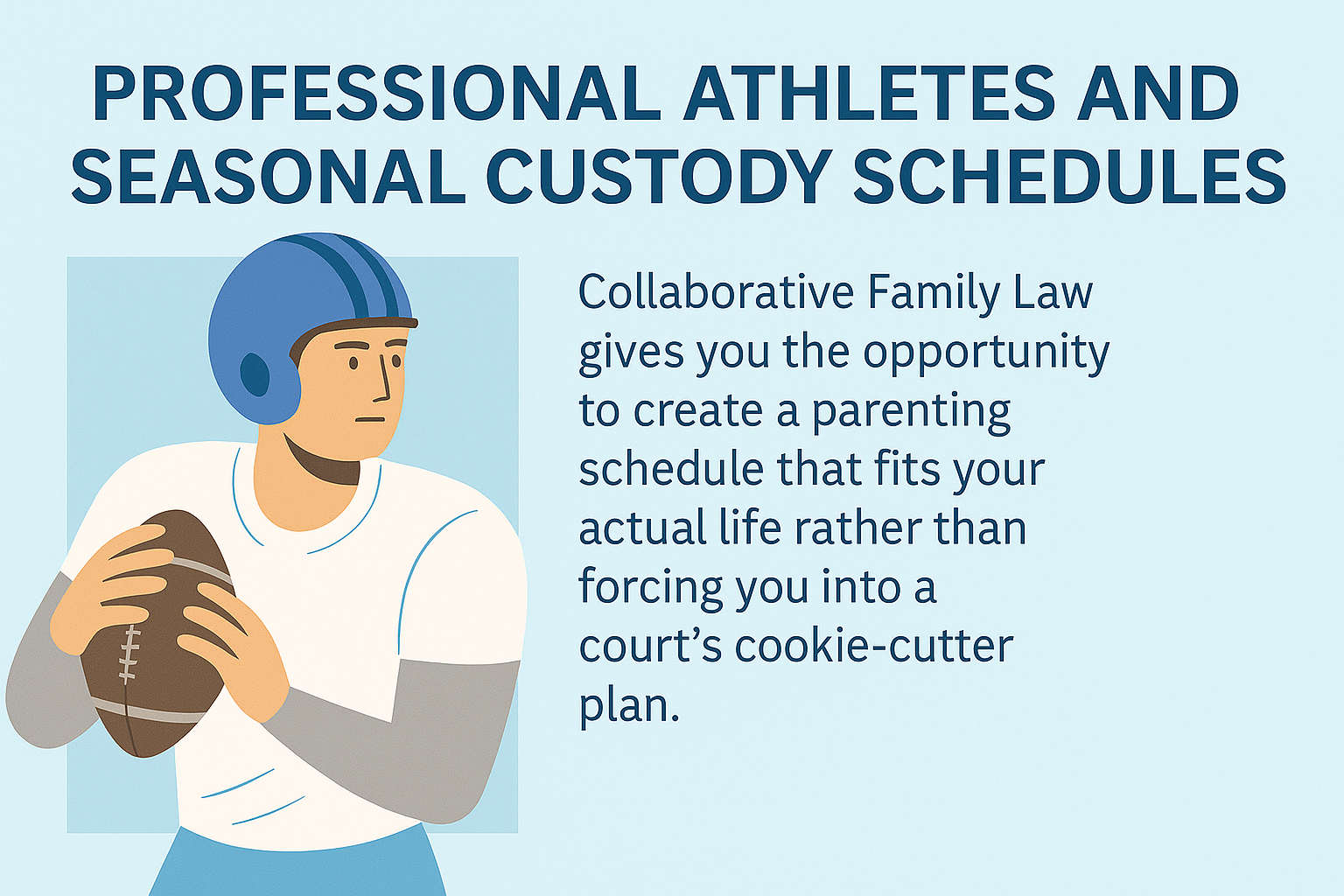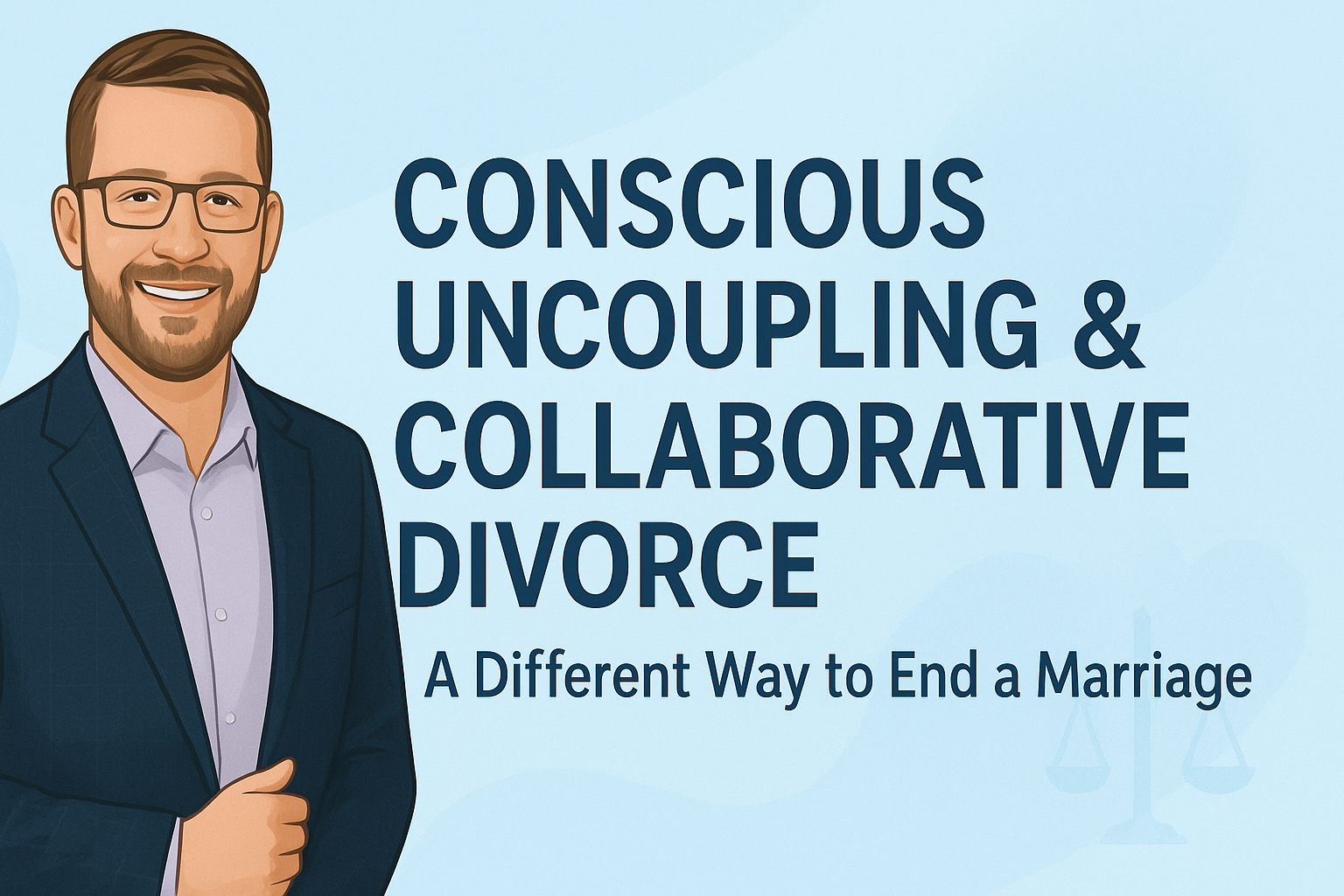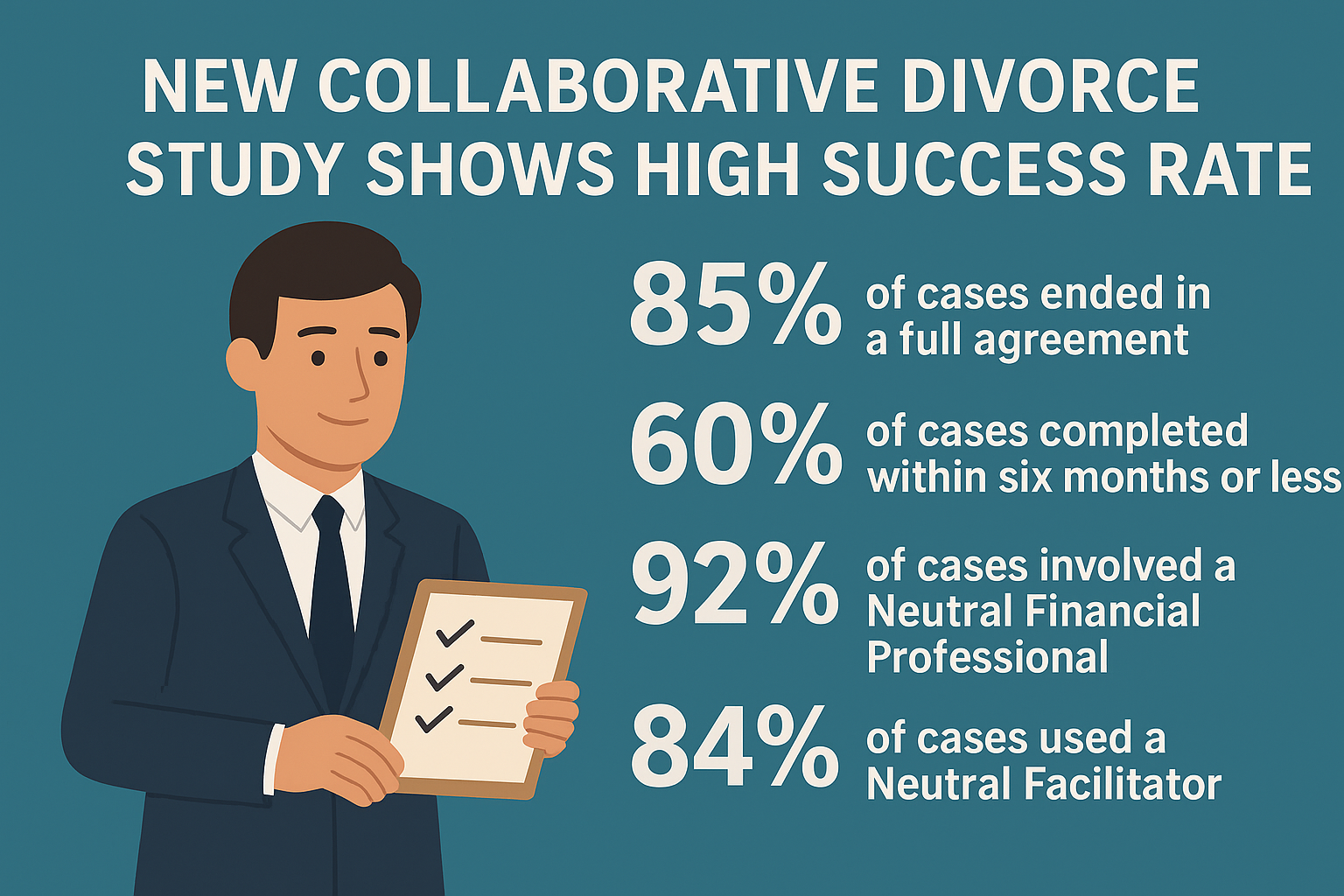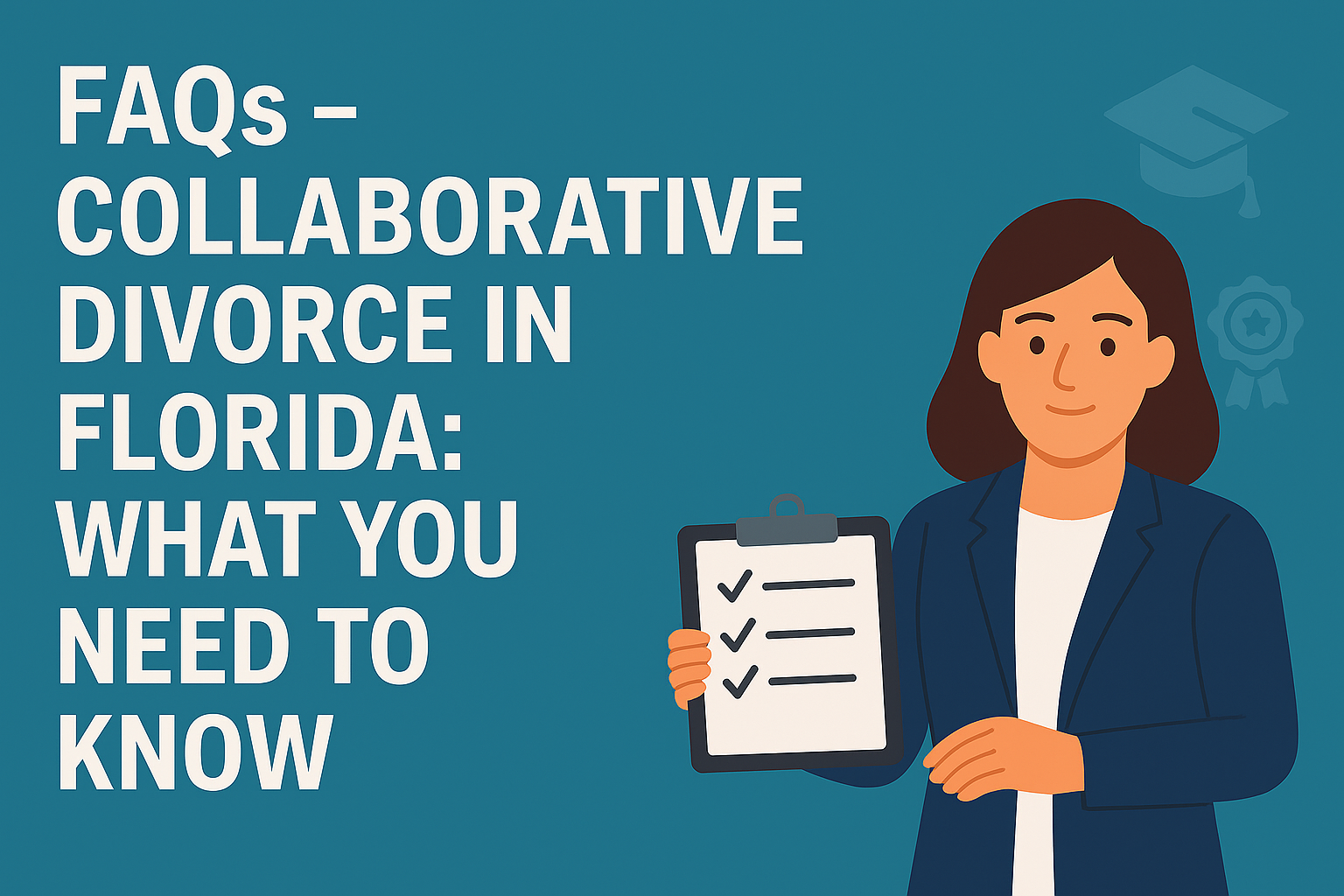Does Florida’s Collaborative Divorce Statute Protect Confidentiality?
When you face divorce in Florida, you may worry that your financial information, business details, or parenting struggles could become part of a public court file. If you or your spouse are a doctor, lawyer, executive, business owner, or anyone who values privacy, the idea of those details becoming public can feel overwhelming. You want a process that keeps your information protected and puts you, not a judge, in control.
Collaborative Divorce offers that protection. One of the most common questions clients ask is whether Florida’s Collaborative Law statute truly protects confidentiality.
Quick Answer
Yes. Florida’s Collaborative Divorce Statute (specifically, Fla. Stat. §61.58) protects confidentiality by, with narrow exceptions, keeping Collaborative communications private and preventing them from being used in court. The statute also protects nonparty participants (for example, a Neutral Financial Professional or Neutral Facilitator) so the professional team can help you make informed decisions without fear that exploratory discussions meant for informal discussions will later become evidence in a trial.
Key Takeaways
- Collaborative communications are confidential and generally cannot be used against you in court.
- The confidentiality and privilege belongs to the spouses and, in certain instances, nonparty participants.
- Neutral Financial Professionals and Neutral Facilitators are nonparty participants who receive protections so they can work freely and creatively.
- Fla. Stat. §61.58 has narrow exceptions, such as threats of harm or information that must be reported under other laws.
- The process supports open problem-solving and protects privacy, which can be especially helpful for high-asset families.

